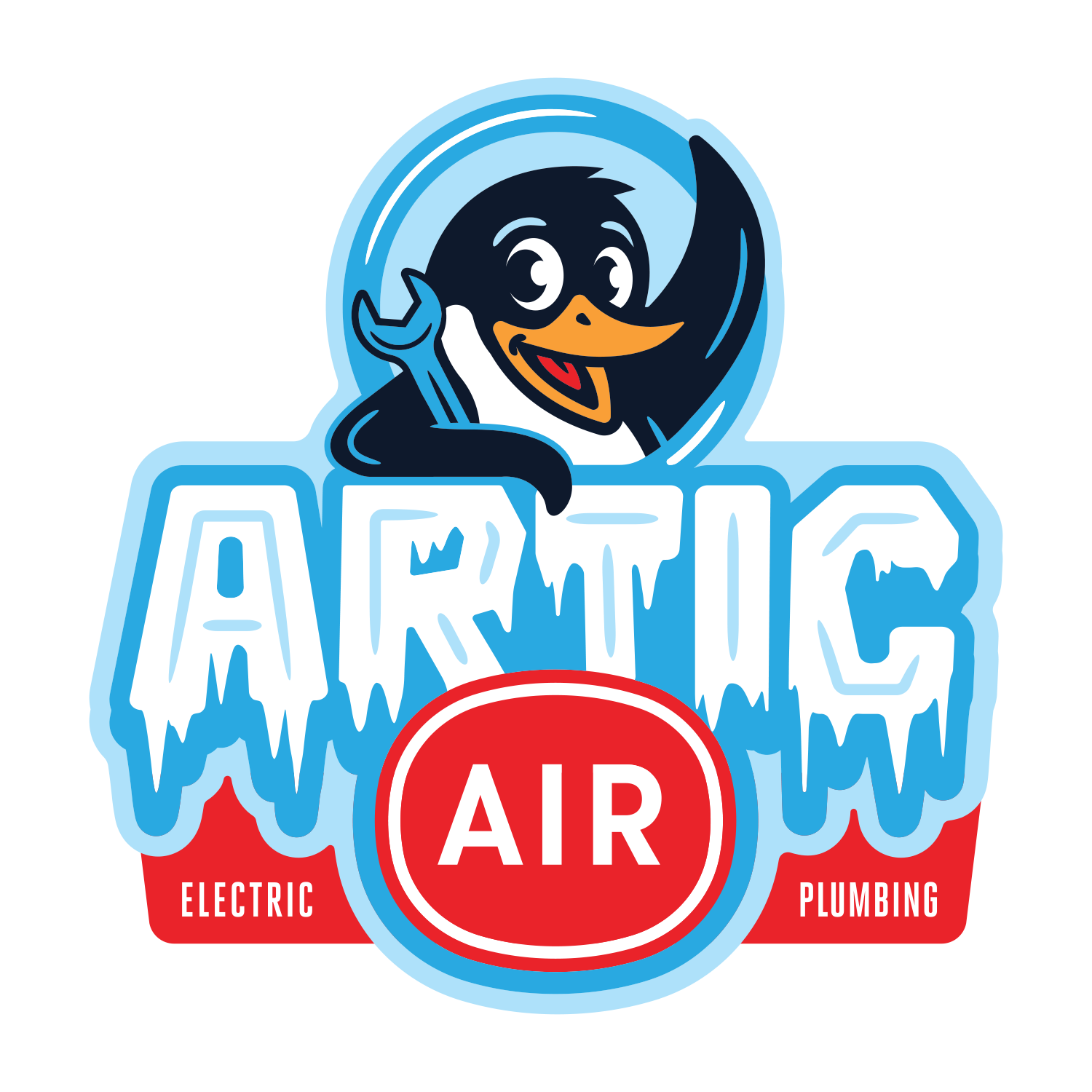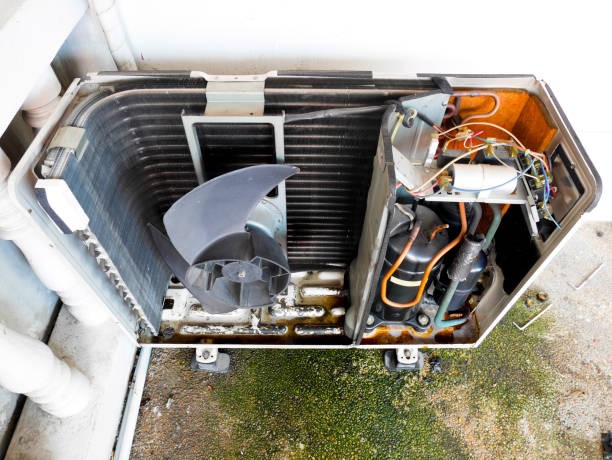Maintaining your HVAC system is crucial for ensuring year-round comfort in your home. While professional assistance is essential for complex issues, there are several HVAC do-it-yourself (DIY) tips that homeowners can follow to optimize system performance and extend its lifespan. Let’s dive into some practical and effective HVAC DIY tips that every homeowner should know.
1. Regular Air Filter Replacement
One of the simplest yet most impactful DIY tasks is regularly replacing your HVAC system’s air filter. A clogged or dirty filter restricts airflow, making your system work harder and less efficiently. Check your filter every one to three months and replace it if necessary. This not only improves indoor air quality but also helps your system run smoothly.
2. Keep Vents Clean and Unobstructed
Ensure that air vents and registers are clean and free from obstructions. Vacuum away dust and debris regularly to maintain proper airflow. Additionally, arrange furniture and other items in a way that doesn’t block the vents, allowing for optimal air circulation throughout your home.
3. Seal Leaks and Insulate
Proper insulation is essential for energy efficiency. Check for leaks around doors and windows, and seal any gaps with weatherstripping or caulking. Additionally, consider adding insulation to attics and crawl spaces to prevent heat loss and improve your HVAC system’s overall efficiency.
4. Smart Thermostat Installation
Upgrade to a smart thermostat to enhance control over your HVAC system’s settings. Smart thermostats allow you to create schedules, adjust temperatures remotely, and even receive energy usage reports. This DIY upgrade not only improves comfort but also helps save on energy costs.
5. Condenser Unit Maintenance
If you have an outdoor condenser unit, keep it free from debris and vegetation. Trim bushes and plants around the unit to ensure proper airflow. Regularly clean the fins using a soft brush or vacuum to remove dirt and debris, preventing potential system issues.
6. Duct Inspection and Sealing
Inspect your ductwork for any leaks, holes, or loose connections. Sealing these gaps with duct tape or mastic can improve the efficiency of your HVAC system, preventing heated or cooled air from escaping into unused spaces and reducing energy waste.
7. Monitor Refrigerant Levels
While handling refrigerant is best left to professionals, you can still monitor your HVAC system’s refrigerant levels. If you notice a sudden decrease in cooling efficiency, it may indicate a refrigerant issue. In such cases, contact a licensed HVAC technician to diagnose and address the problem.
8. Clean Condensate Drain Line
Over time, the condensate drain line can become clogged with algae or debris. Periodically flush the drain line with a mixture of water and vinegar to prevent blockages and potential water damage. A clear drain line ensures proper moisture removal from your system.
By incorporating these DIY HVAC tips into your regular home maintenance routine, you can contribute to the longevity and efficiency of your HVAC system. While these tasks are manageable for homeowners, it’s essential to schedule professional HVAC inspections and maintenance to address more complex issues and ensure optimal performance. With a proactive approach to HVAC care, you’ll enjoy a comfortable and energy-efficient home throughout the seasons.

